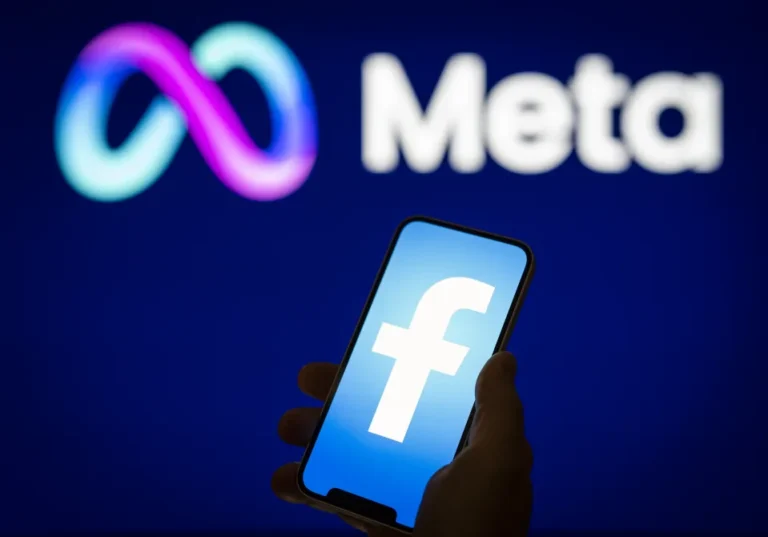The majority of this radicalism has escaped Meta’s control despite restrictions.
There are almost 650,000 posts on Facebook that argue against President Biden’s victory between the general election in 2020 and the January 6 rebellion. Facebook is a breeding ground for conspiracy theories and dangerous organising at crucial moments, such as the insurrection that occurred on January 6. Some users left the platform after the latter and subsequent prosecutions, but a recent investigation that was initially published by Wired reveals that there has been a comeback. The report identifies approximately 200 groups and profiles across the network that are organising militia action across the country.
The investigation that was carried out by the Tech Transparency Project discovered that these groups had connections to organisations such as the Three Percenters militia network, which Meta has classified as a “armed militia group” on its 2021 Dangerous Individuals and Organisations List according to the findings of the research. Nevertheless, organisations like as the Free American Army have encouraged members to join their local militia or the Three Percenters without fear of repercussions (Meta only removed the Free American Army group after Wired inquired about it, describing Facebook as a “adversarial space” that required consistent investment in order to maintain safety).
Katie Paul, who is the director of the Tech Transparency Project, has observed hundreds of each of these groups and individuals since the year 2021. She has observed an increased level of seriousness and emphasis on organising over the course of the previous year. “Many of these groups are no longer fractured sets of localised militia but coalitions formed between multiple militia groups, many with Three Percenters at the helm,” according to Paul in an interview. “Facebook remains the largest gathering place for extremists and militia movements to cast a wide net and funnel users to more private chats, including on the platform, where they can plan and coordinate with impunity.”
The Tech Transparency Project discovered that users actively seek out “active patriots” in order to engage in conversations about anti-government beliefs, attend meetings, and receive training in battle. The latter lends itself to a recurring theme, which is the readiness to take a position against or even go to battle against adversaries such as drag queens, pro-Palestine college students, and officials from the government itself.
Take, for example, a recent post made by the administrator of a group known as the Pennsylvania Light Foot, which has more than one thousand members: “In light of the violence and uncertainty in the world, shortages of Covid 19 and civil unrest, and the possibility of terrorist attacks and natural disasters, we exist to equip our members.” Our goal is to provide them with the tools necessary to protect themselves, whether it be against a thief on the street or a foreign military on our lawn. Across Facebook, other extreme organisers have expressed similar sentiments to those expressed here.
In an effort to at least provide the appearance of motion and transparency, Meta has made many attempts. The Oversight Board was established in 2019 as an impartial reviewer of the content moderation that their organisation provides. Despite the fact that the organisation has discussed Facebook’s role in potentially harmful election discourse, including occurrences that occurred outside of the United States, detractors believe that it has not had a significant enough influence. The Oversight Board may soon be doing away with some of its employees, according to a story from The Washington Post.
CrowdTangle, a service that Meta purchased in 2016, will be shut down on August 14. CrowdTangle was a tool that allowed journalists and academics to monitor the spread of incorrect information and conspiracy theories on Facebook and Instagram, which frequently highlighted the faults of the platforms. It is being replaced by the Meta Content Library, which not only seems to have less information than the previous one but is also unavailable to news organisations that are interested in making a profit.

